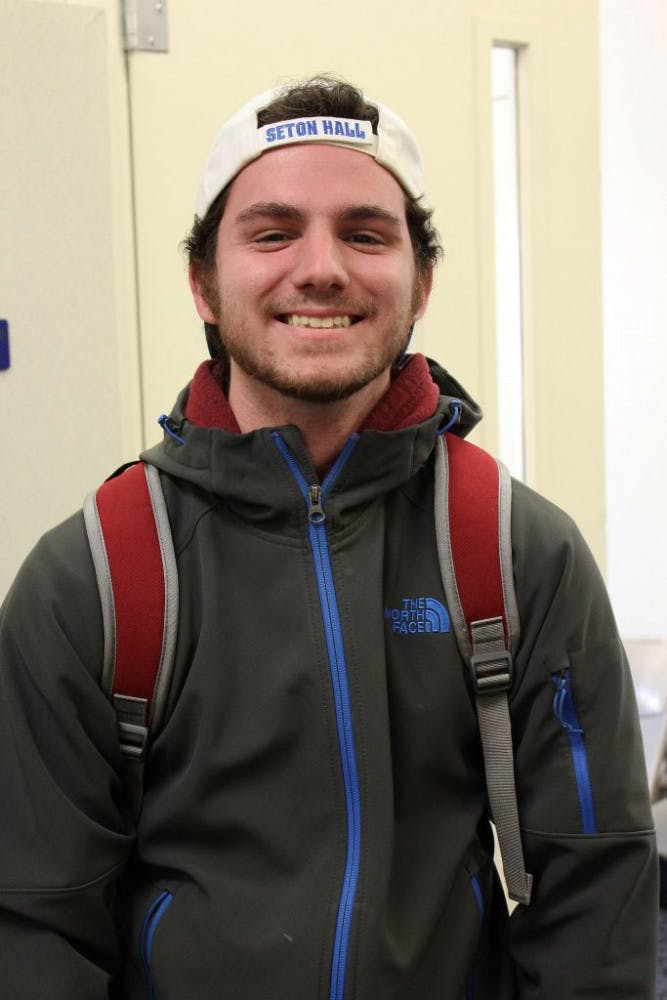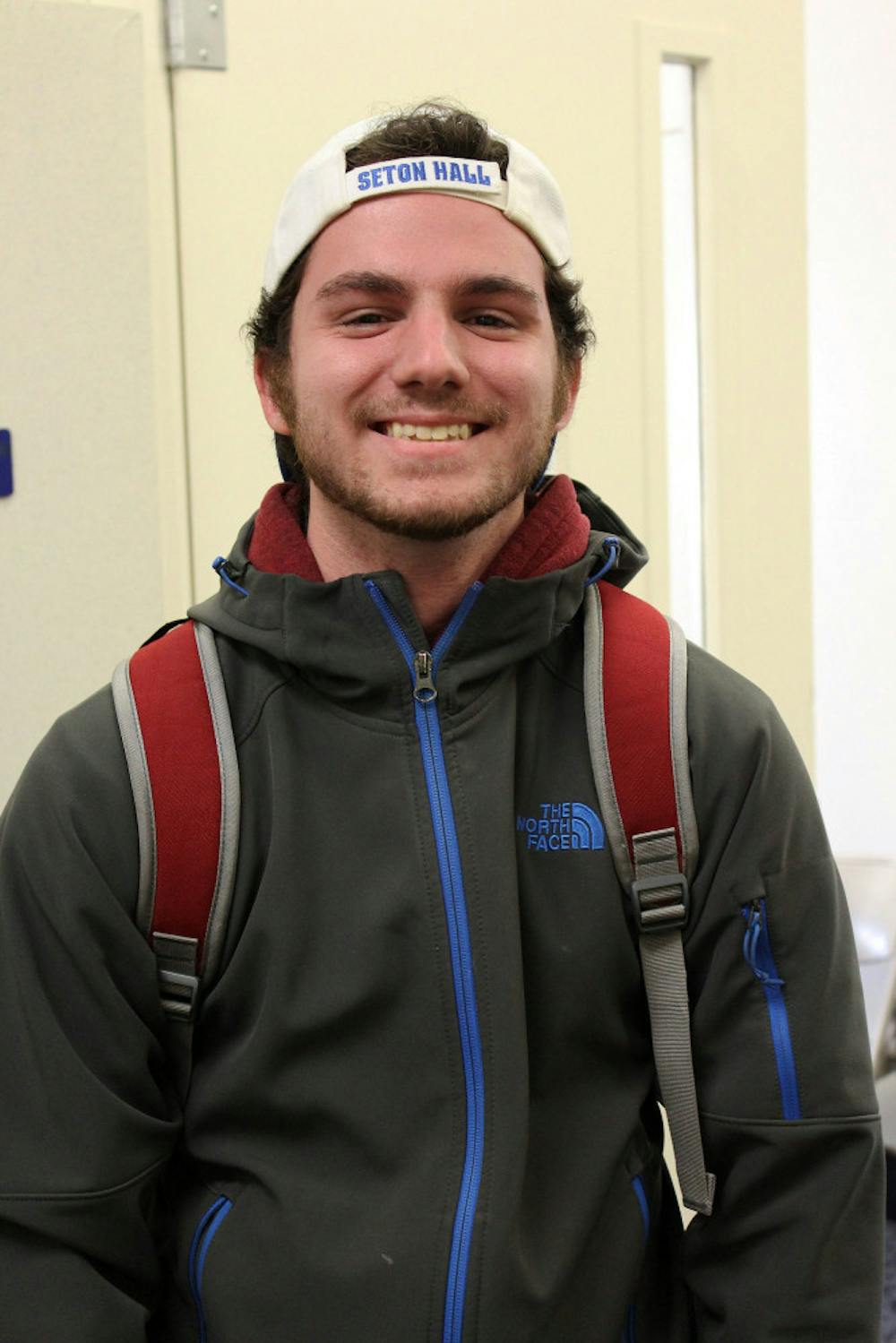Within the College of Communication and the Arts, Seton Hall has a music major program which offers a variety of educational paths to those who wish to study music.
Paul Christiansen, associate professor of music, said that though there are many students involved with the music program either as having a music minor or as being a performer, there are roughly 10 students who are pursuing a full degree in music.
Christiansen said that many more students still incorporate music into their education.
“We have a number of music minors,” Christiansen said. “A lot of people like to minor in music and then we teach all kinds of other courses pertaining to music.”
Christiansen said he has been impressed by the level of academic performance of Seton Hall students. He shared that he feels comfortable elaborating on topics and knows that his students can grapple with a diverse array of subjects that impact music.
“What I really like about Seton Hall is that the students that I’m teaching here, compared to the last place where I taught, are much more academically prepared,” he said.
“Dr. Gabrielsen teaches the sound production and engineering major,” Christiansen said. “It’s great. He worked at Sony for a number of years. He has a Ph.D. in composition from Rutgers University, and it’s an amazing program. He has brought a lot of people into music.”
Elliott Petrilla, a junior music sound production and engineering major, talked of his experience with Dag Gabrielsen, assistant professor of sound production and engineering, who is leaving at the end of the school year.
“Professor Gabrielsen has brought in a lot of technology into this department that was not there before, and a lot of knowledge that we do not have otherwise,” Petrilla said. “It will be a big loss with him leaving shortly.”
Petrilla did note that there are areas where the program could definitely use improvement, particularly the opportunities provided to students. He said that he has yet to find an internship relating to his major.
“I feel like the professors care more than the college does in general,” Petrilla said. “Especially during career fairs and stuff like that, there is usually little to no music or communications opportunities listed.”
Jason Tramm, assistant professor and director of choral activities, said the music program at Seton Hall is not just for music majors.
“At Seton Hall, one of the unique things about the music program is that anyone can participate in music,” Tramm said. “You don’t have to be a music major or minor to get a high-level music experience.”
Tramm did stress however that music majors are given an extra level of education.
“Music majors get a lot of personalized attention, so they get a lot of private one-on-one, have a real mentorship model and a lot of opportunities that you wouldn’t get at a really big school,” Tramm said.
Peter Lamendola, a senior mathematics and music major, explained that many students who incorporate music into their degree are not exclusively studying music. He had at first come in undecided, so he had to declare his math major first.

Lamendola, a math and music major, enjoys the real-life application of music education in the form of ensemble participation.
“I was always very involved with the music program because that’s what I did throughout high school and growing up,” Lamendola said. “It just worked out that both my majors are very easy to double major [in].”
He said that he enjoys the real-life application of music education in the form of ensemble participation, as ensemble performance is part of the curriculum.
“There’s also a requirement in terms of credits for ensemble, whether that’s being in the jazz band, concert band, one of the choirs or orchestras,” Lamendola said. “So being able to work on music for the semester and then performing at SOPAC is fun and unique to our program.”
Liam Brucker-Casey can be reached at liam.bruckercasey@student.shu.edu.





